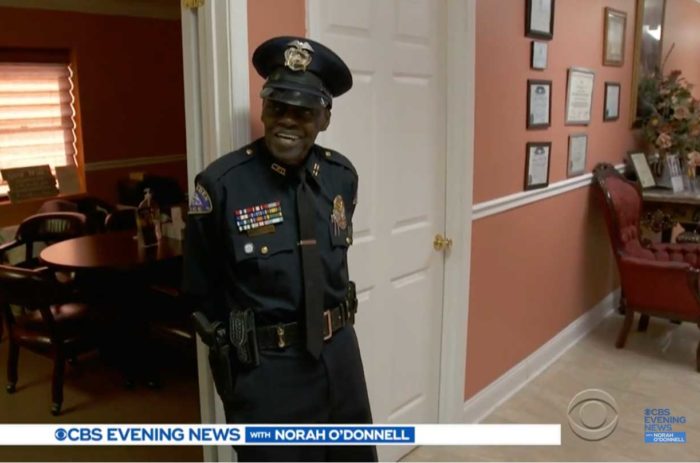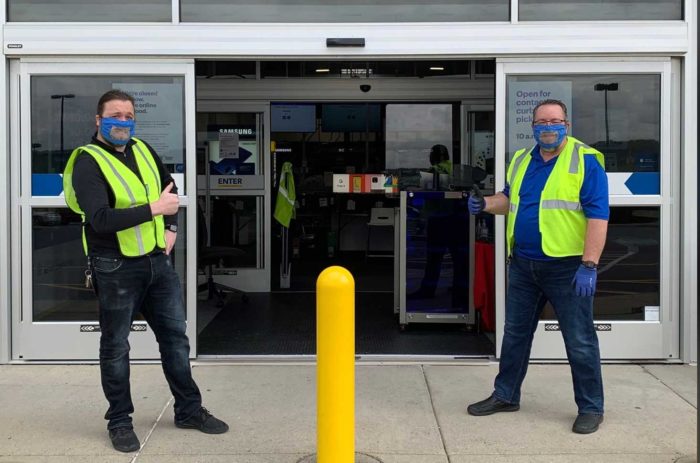By The Editors of WorldMag.com
Penny protest
A Bristol, Va., resident went to unusual lengths to protest an electric bill he considered too high: He attempted to pay the $350 bill in pennies. John Almany’s plan hit an early snag when he began calling through the Yellow Pages to find banks that would let him exchange cash for rolled pennies. He found just two: “We got all the way to the W’s in the phone book. One bank gave me $170 in pennies and the other $123.” But that still left him $57 worth of coins short. But after dividing the change into two duffle bags, the undaunted Almany lugged his 29,300 pennies (170 pounds in all) up to the pay window of Bristol Virginia Utilities. “To make my case better, I noticed a man just paid cash right before me. I laid my bill on the counter and told the lady, ‘Here is my bill and I’m here to pay every penny of it,'” Almany said. BVU took his change, but after a long discussion among BVU supervisors and several hours of counting. The utility has since changed its payment policy.
Catch of the day
Connecticut teen Aidan Murray Medley has a great fish story. Trouble is, the story keeps getting smaller. Last year, the 13-year-old reeled in a 551-pound bull shark while vacationing in Florida. This year, Aidan hooked a 340-pound bull shark-a prize catch for most salt-water fishermen, but still 111 pounds shy of Aidan’s spring break catch of 2008-a state record. This year’s catch took the 8th-grader three hours to reel in.
A matter of taste
Call it the ultimate indication of job security: British coffee shop chain Costa has taken out an insurance policy worth $14 million on the tongue of their prize coffee taster Gennaro Pelliccia. The chain that sells over 108 million cups of coffee every year uses Pelliccia and his tongue to test each batch of roasted beans before shipments are sent from the London-area roaster. “The taste buds of a Master of Coffee are as important as the vocal cords of a singer or the legs of a top model, and this is one of the biggest single insurance policies taken out for one person,” said a spokesman for insurance broker Glencairn Limited, which arranged the policy through Lloyds of London.
Long lost recipe
Why did the United States have to delay refurbishing its aging arsenal of Trident rockets? Because scientists forgot how to make them. National Nuclear Security Administration officials admitted to congressional investigators that scientists didn’t exactly know how to cook up Fogbank, a code name for a super secret component in the nuclear warheads of the Trident. The U.S. Navy first deployed the ballistic missiles in 1979 on submarines as a Cold War-era nuclear deterrent. The Navy rolled out its second incarnation throughout the early 1990s but, after that, scrapped the facility that made the nuclear warheads. To keep the aging warheads, the NNSA had to scour old records for the secret ingredient that makes the nuclear arsenal viable.



